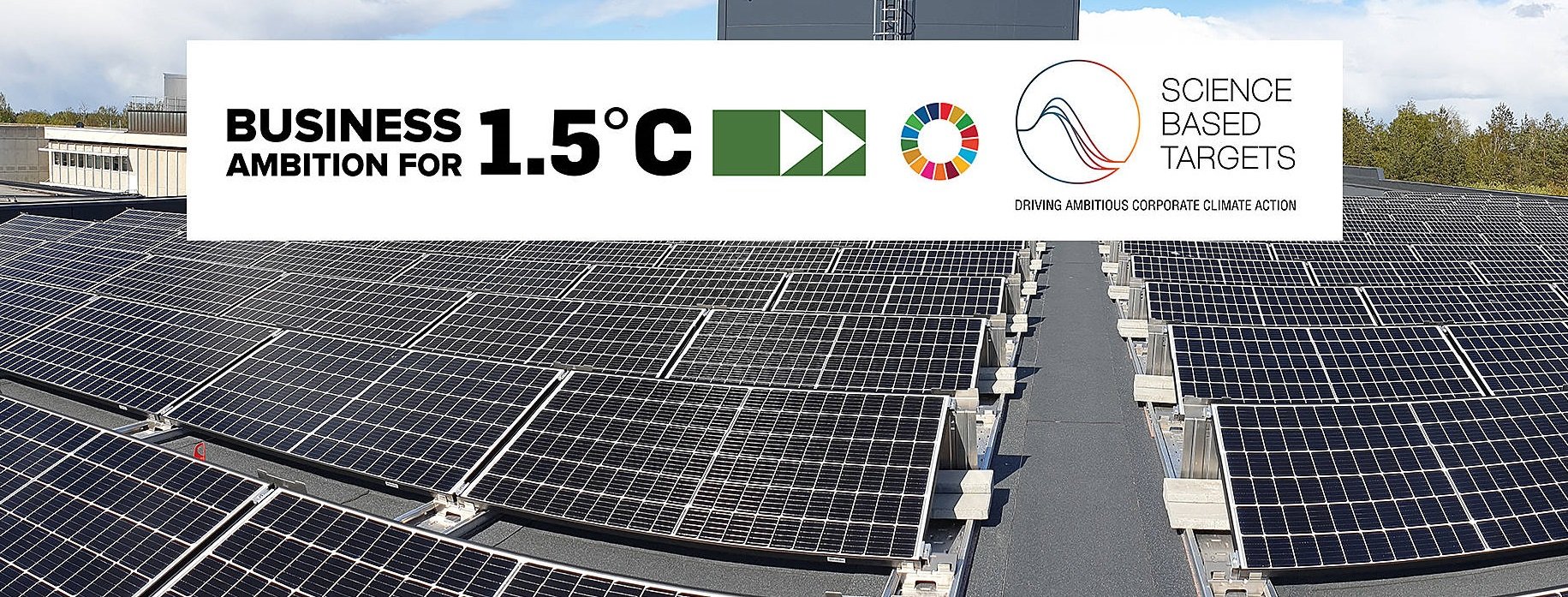How can a forklift truck fleet make a difference to manufacturing’s carbon footprint? Toyota Material Handling’s QHSE advisor, Richard Lewis, speaks about how COP26 has put sustainability firmly in the spotlight.
Q) How has the conversation around industrial sustainability changed in recent years?
Sustainability has always been part of Toyota’s culture, stemming from the foundation of the company by Sakichi Toyoda in 1937 and our mission of Zero Muda which still leads our philosophy today.
The world as a whole has changed and is now more aware of all facets of sustainability, with many now commonplace practices throughout society with a greater understanding across all spectrums. Industry is no different, not only being steered by legal obligations to become greener, but also moral. To survive in business a robust understanding and implementation of sustainability practices are essential.
Q) How important is it that the COP26 conference brings about real change?
Businesses as a whole are looking towards COP26 for clearer definitions of what is to come. There is plenty of talk and targets etc, however it is now time for governments to back this up with legislation.
This will help define what is required as the current ambiguity surrounding best practice leads to confusion in some areas. It is widely accepted that huge investment is required in the infrastructure to ensure the targets set are achievable and organisations are allowed the resource to ensure or even surpass the targets set.

Q) What role is Toyota playing in improving sustainability in its manufacturing processes?
Our manufacturing is already ahead of many entities worldwide. For example, the implementation of technologies such as solar energy and biogas have helped our facility in Mjölby in Sweden to become carbon neutral.
Q) Do manufacturers often overlook their materials handling equipment/forklifts when working out a wider sustainability strategy?
The energy required to maintain a large materials handling fleet is substantial. This leads us to ensure we help our customers reduce their energy consumption through technology and utilising lean principles when managing their fleets.
Q) How will the latest advances in materials handling technology help improve sustainability?
This is an area we have been working on for a while. Utilising I-Site (Toyota’s fleet management system) is just the beginning. Electrification is a major step with the different in CO2 emissions from like for like equipment being 55% for electric over a LPG for example.
Add to this the increased uptake of automation and Lithium-ion Battery technology (which gives a further 15% reduction on energy even before aspects of recycling and longevity further help with its carbon footprint) all helping drive down energy consumption and therefore cost and CO2 emissions. Going forward there is also hydrogen technology, which will have a huge part to play in the future of industrial energy use.
Q) How optimistic are you about UK manufacturing reaching its sustainability goals?
At Toyota we are no strangers to setting challenging goals to achieve the highest standards. To this end we are confident we will not only meet but surpass targets set. At Toyota we have a culture of innovation and challenging ourselves on a daily basis.
Our core values of Genchi Genbutsu, Kaizen, Respect, Challenge and Teamwork all help us as we work towards our sustainability goals. To quote our managing director, Nick Duckworth: “We are not only doing this because it is good business, but because it is the right thing to do”.
I feel that message says it all.
.jpg)
